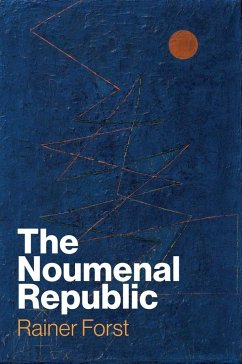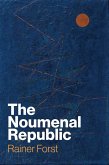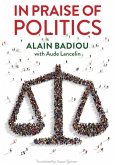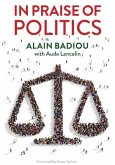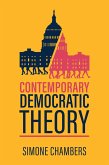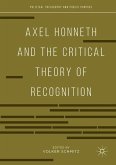All human beings are born with equal dignity and possess equal rights. This statement appears normatively just as irrefutable as it is empirically refuted every day. But what are the grounds of this principle, and how should we think about its realization? Its philosophical truth can best be explained by going back to (and beyond) Kant's notion of a 'noumenal republic' in which every person is an equal co-author of the laws that bind all. At the same time, a critical analysis of society and politics must show the extent to which the reality of power and ideology makes a mockery of this constructivist conception of dignity. To bridge the gap between unworldly idealism and practical hopelessness, we need a critical theory after Kant. Rainer Forst, one of the world's most influential political philosophers, works to develop just such a theory in this powerful and illuminating volume. It contains no less than a new systematic account of concepts such as alienation, progress and regression, solidarity, human rights, justice, power and non-domination.
Hinweis: Dieser Artikel kann nur an eine deutsche Lieferadresse ausgeliefert werden.
Hinweis: Dieser Artikel kann nur an eine deutsche Lieferadresse ausgeliefert werden.
"Rainer Forst never ceases to astound. His new book deploys a 'constructivist' perspective to illuminate a stunning range of concepts and figures, from alienation and autonomy to human rights and structural injustice, from Rousseau and Kant to Rawls and Habermas."
Charles Larmore, Brown University
"Rainer Forst's idea of the right to justification demands that people not be subjected to a normative order that cannot be adequately justified to them. This book builds on that idea to provide a powerful interpretation of why anyone who is subject to a norm must be able to be its author."
Arthur Ripstein, University of Toronto
"This impressive collection of new essays expands Rainer Forst's theory of 'the right to justification' into an analysis of power, historical progress, solidarity, luck egalitarianism and much else. He is one of the most important contemporary political philosophers."
Seyla Benhabib, Yale University and Columbia Law School
Charles Larmore, Brown University
"Rainer Forst's idea of the right to justification demands that people not be subjected to a normative order that cannot be adequately justified to them. This book builds on that idea to provide a powerful interpretation of why anyone who is subject to a norm must be able to be its author."
Arthur Ripstein, University of Toronto
"This impressive collection of new essays expands Rainer Forst's theory of 'the right to justification' into an analysis of power, historical progress, solidarity, luck egalitarianism and much else. He is one of the most important contemporary political philosophers."
Seyla Benhabib, Yale University and Columbia Law School

